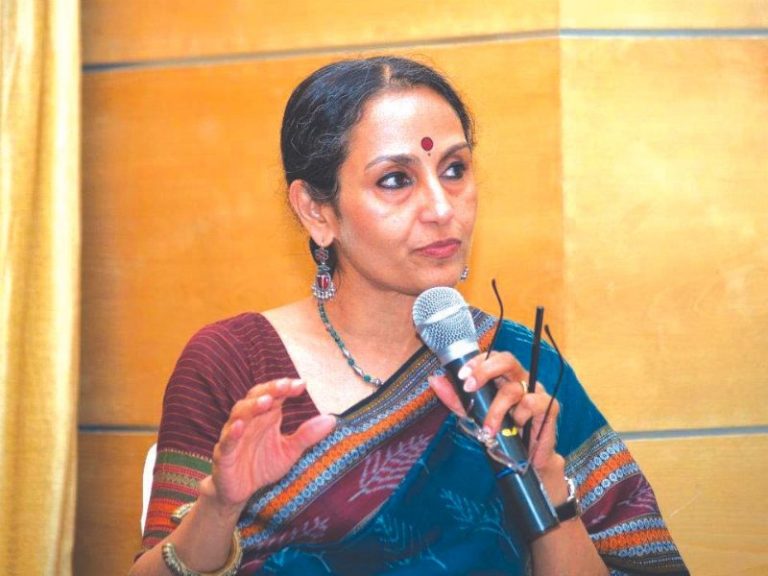Karnataka: Deep-rooted rot
Reshma Ravishanker (Bengaluru)
India’s most well-administered state until the historic liberalisation and deregulation of the Indian economy in 1991 transformed its sleepy administrative capital of Bangalore (renamed Bengaluru in 2014) into the country’s Silicon Valley and a bustling commercial metro, Karnataka (pop.68 million) has experienced accelerated descent into pervasive corruption and misgovernance. Since last November, when the Karnataka State Road Contractors’ Association (KSRCA) wrote directly to prime minister Narendra Modi complaining that elected representatives of the BJP-ruled state government are routinely extorting commissions of 40 percent for award of civic maintenance and road construction contracts, a spate of corruption scandals have been outed.
In February this year, a major police personnel recruitment scam was unearthed when it was discovered that 545 unqualified police sub-inspectors (PSIs) were appointed after having paid bribes of Rs.70-80 lakh to police top brass and government ministers. Subsequently in August, RUPSA (Registered Unaided Private Schools Association), which has 13,000 member schools, again wrote a letter directly to the prime minister alleging that the BJP government and education minister B.C. Nagesh in particular, are extorting massive bribes for renewal of school recognition licences, issuing no-objection certificates to new CBSE and CISCE schools, RTE fees reimbursement, and other routine administrative functions.
The latest corruption scandal to hit media headlines in Karnataka is a teacher recruitment scam. On October 19, the state’s Criminal Investigation Department (CID) arrested 37 government school teachers who were illegally appointed eight years ago, following a police complaint filed in August this year and a detailed inquiry report submitted by the education ministry. Earlier in September, the CID had arrested 22 people including top education department officials — Maade Gowda, managing director of the Karnataka Textbook Society, Geetha, director of Samagra Shiksha Abhiyan, and three joint directors of education for involvement in this scandal. These “illegal” appointments date back to 2014-15 when the Congress government was in power.
With government school teachers accorded pay parity with government employees who are awarded massive salary rises by Central government Pay Commissions, remuneration packages of government school teachers are 8-10x of private school teachers. Consequently, millions of unemployed and unemployable graduates churned out by poor quality state universities are willing to pay huge amounts to land well-paid government school teacher jobs which also offer secure of tenure with no accountability for children’s learning outcomes.
Prior to the enactment of the Right of Children to Free & Compulsory Education (RTE) Act, 2009, to be eligible for employment in government schools, an undergraduate college degree and a B.Ed were sufficient qualifications. However, with the country’s 17,503 teacher training colleges recklessly churning out poorly trained graduates, the RTE Act (s.23 (1)) mandated the Central and/or state governments to conduct an additional Teacher Eligibility Test (TET), clearance of which became a condition precedent of eligibility to teach in government schools.
Consequently since 2010, all state governments have been conducting TETs in their jurisdiction. But unfortunately, in most states the TET exams have been mired in widespread allegations of test paper leakages, corruption, tampered merit lists and appointment irregularities (see West Bengal news, p.18)

Maya Menon, founder-director of The Teacher Foundation, a Bengaluru-based teacher development organisation, says that although the Karnataka state government has a good record of conducting the Teacher Eligibility Test (TET) for graduates aspiring to teach in the state’s 49,679 government schools, there are too many loopholes in the recruitment process. “It’s shocking that it took eight years for the government to arrest ‘illegally appointed’ teachers. These high school teachers although unqualified went through the motions of teaching innocent, eager-to-learn children for eight long years. Little wonder that several studies report that more than half of class VII children in government schools can’t read class III texts. If we want our next generation to lead this country to prosperity, it’s imperative to cleanse the augean stables of the education ministry,” says Menon.
With the BJP and Congress party in full campaign mode in the run-up to the legislative assembly polls scheduled for next summer, more skeletons are likely to tumble out of cupboards in government ministries. Because of massive corruption scandals sweeping the state, the chances of the BJP returning to power are waning. Yet educationists in this hitherto well-governed state despair that corruption in education is too deeply entrenched for any government to root out.

















Add comment